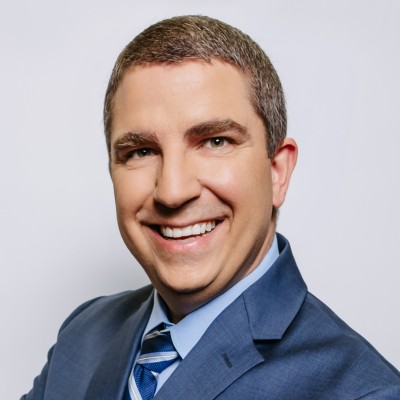In a discussion led by Rakesh Jain, MD, MPH, experts Rajeev Kumar, MD, and Jonathan Meyer, MD, explored the complexities of treating patients with both drug-induced parkinsonism and tardive dyskinesia (TD). They emphasized the importance of reducing antipsychotic dosage when possible and using amantadine to manage parkinsonism without worsening TD. If dosage reduction isn’t feasible, switching to a weaker D2 blocker like clozapine was suggested. The conversation highlights the ineffectiveness of anticholinergics for TD and the potential for VMAT2 inhibitors to provide long-term relief, though they are not preventative for TD.
The session also covered various questions from colleagues, including the differentiation between Huntington’s chorea and TD, the unlikelihood of lithium causing TD, and the impact of VMAT2 inhibitors on ongoing antipsychotic therapy. Dr. Kumar clarified that VMAT2 therapy can be started without altering antipsychotic treatment if the patient is psychiatrically stable. The discussion underscores the nuanced approach required in managing these complex co-occurring conditions, advocating for personalized and evidence-based treatment strategies.
Reference: Rakesh Jain. Tardive Dyskinesia, Comorbidities and Treatment Options. Psych Congress Network. Published December 02, 2021. Accessed August 8, 2024. https://www.hmpgloballearningnetwork.com/site/pcn/podcasts/discussing-tardive-dyskinesia-treatment?hmpid=anNjaHJlaWJlcjAxQGNvbWNhc3QubmV0&utm_medium=email&utm_source=enewsletter&utm_content=1867303889


